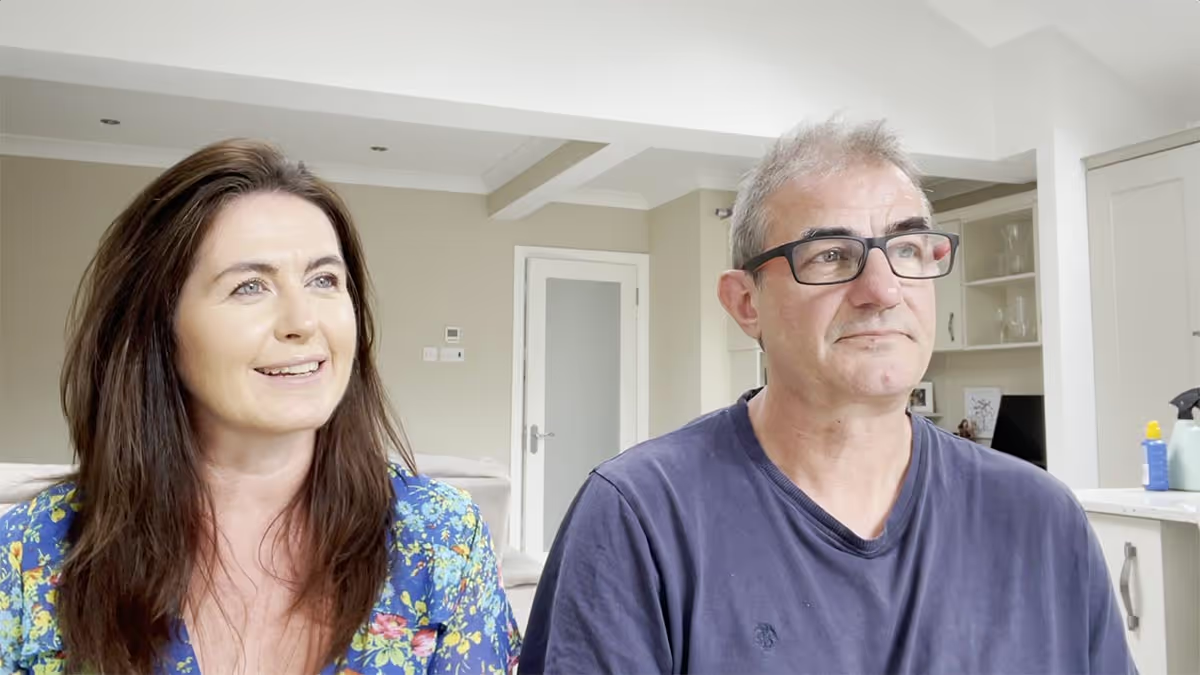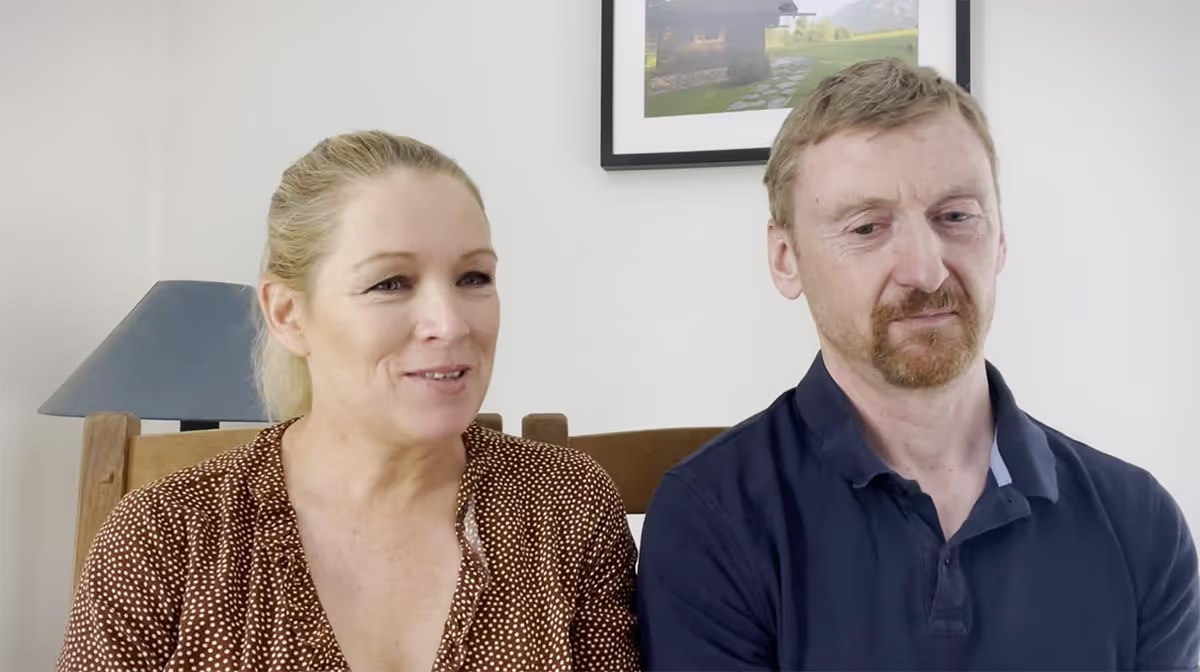Why Informed Decisions?
We’re not product sellers. We’re planners, partners, and professionals.
Chris & Lisa retired early from corporate life. Now they’re pursuing new challenges—with clarity and confidence.

Chris and Lisa
Informed Decisions Clients
Retired early from a global corporate role – now pursuing new challenges together!
Independent
We answer only to you—not providers or platforms. We work on your behalf.
Fee Only
No commissions. No hidden costs. Transparent, fair & capped service fee that helps you achieve better outcomes.
Deep Expertise
We specialise in pensions, tax, drawdown strategy, and investment efficiency only.
Long-Term Partnership
Help you invest, spend and live your best life. We are responsive and proactive in supporting you. Boutique & personal service.

















.svg)


